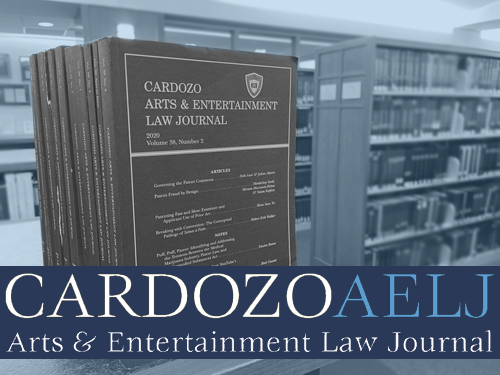Document Type
Article
Publication Date
2-21-2023
Abstract
Something is rotten in the Material Plane, but instead of a lich or a mind flayer, it is copyright law that is currently tormenting the Dungeons & Dragons community. Tabletop role-playing game Dungeons & Dragons (“D&D”) was published by TSR in 1974 and acquired by tabletop games publisher Wizards of the Coast (“WotC”), a subsidiary of Hasbro, in 1997. Over the course of the last five decades, D&D has become a cornerstone of both tabletop roleplaying games and geek culture as a whole. In 2000, WOTC added another level to the culture surrounding D&D by introducing a licensing system called the Open Game License (“OGL”). Under the OGL, players who wished to create their own role-playing games were able to incorporate D&D’s rules, mechanics, and other general elements into their new products. They were even able to monetize their new game without paying royalties or licensing fees to WotC, under the conditions that they (1) used none of WotC’s trademarked content or other content implicating WotC’s “product identity,” and (2) included a copy of the OGL and notice of the license with each new product made under the OGL.
This post was originally published on the Cardozo Arts & Entertainment Law Journal website on February 21, 2023. The original post can be accessed via the Archived Link button above.
Recommended Citation
Higgs, Madeleine, "Dungeons & Dragons & Intellectual Property: How a Licensing Dispute Almost Landed a Critical Hit Against Role-Playing Game Fans" (2023). Cardozo Arts & Entertainment Law Journal (AELJ) Blog. 342.
https://larc.cardozo.yu.edu/aelj-blog/342



